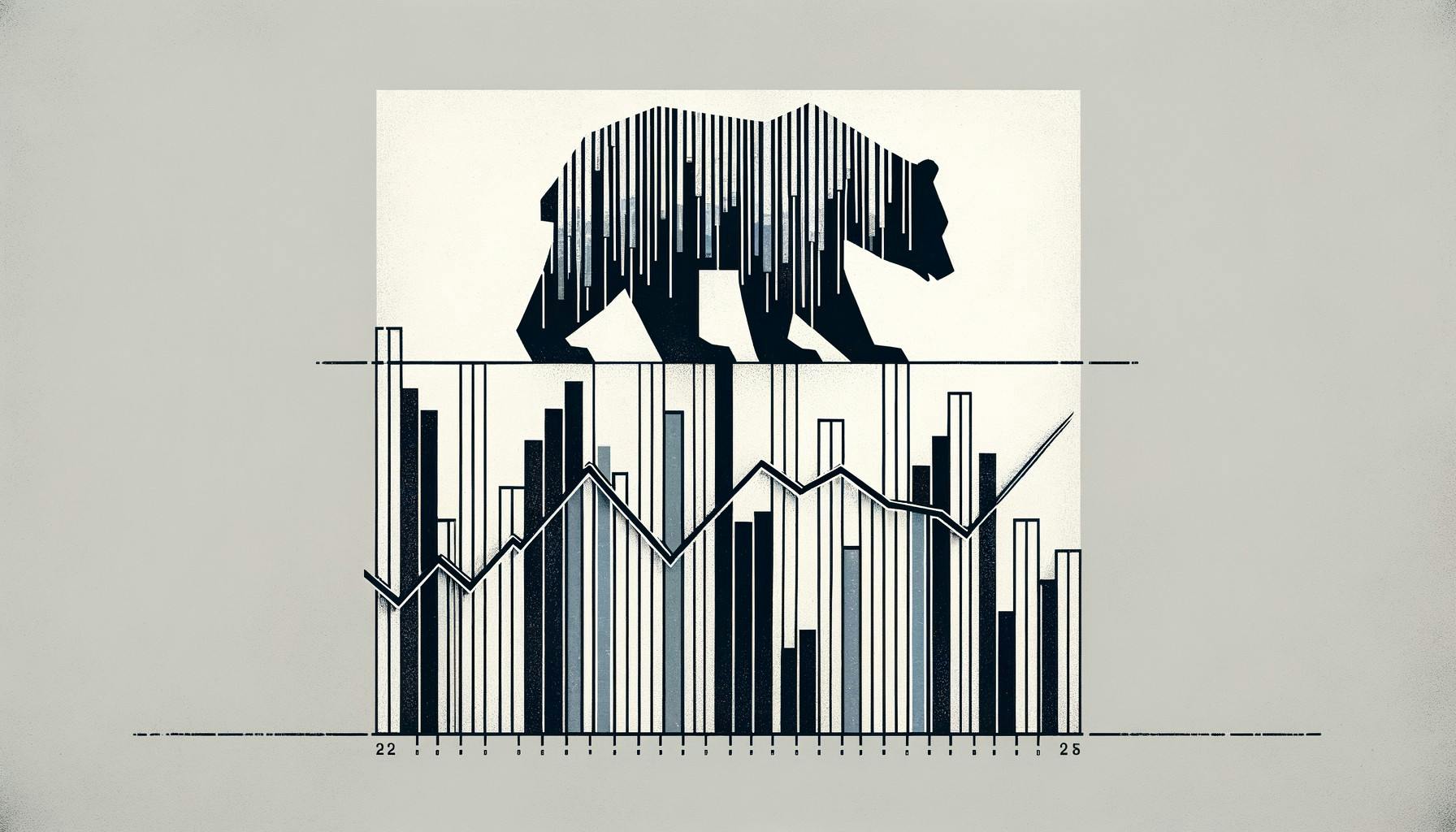What’s going on here?
China and Hong Kong markets hit a downward slide as investors cashed in on recent gains, troubled by US tariff policies potentially affecting tech and consumer stocks.
What does this mean?
Investor sentiment in China and Hong Kong faltered after a streak of rallies, impacting tech and consumer sectors the hardest. The Shanghai Composite Index edged down 0.14% while the blue-chip CSI300 slipped 0.3%, marking declines in financial, consumer staples, and healthcare sectors. In Hong Kong, the Hang Seng Index dropped 0.67%, partly due to tech giants falling 1% following a hefty 30% year-to-date gain. Analysts from Pacific Securities pointed out that heavy trading in tech foreshadows potential volatility, suggesting strategic profit-taking. Adding to unease were deflationary pressures in China and the US canceling a tariff increase on Canadian imports, fueling uncertainties.
Why should I care?
For markets: Shifting sands in tech and tariffs.
It’s vital for investors to keep an eye on ongoing shifts in tariff policies and deflation fears. Though tech and consumer sectors recently soared, they now face volatility from profit-taking and geopolitical tensions. Despite the Hang Seng Index dipping today, Julius Baer maintains optimism for consumer stocks, boosting its 12-month target to 26,500, citing potential growth driven by Chinese stimulus measures.
The bigger picture: A mixed bag for Asian indices.
While China and Hong Kong markets showed declines, other Asian indices presented mixed results. The Shenzhen index rose by 0.37%, and the STAR50 index increased 0.12%. Nevertheless, MSCI’s Asia ex-Japan index slightly weakened, although Japan’s Nikkei index made a modest 0.08% gain. These fluctuations reflect broader economic patterns, where regional dynamics and global trade tensions intertwine, influencing market trajectories.


